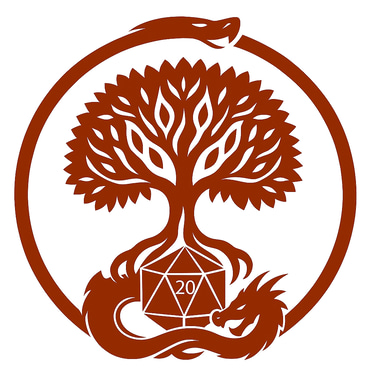The Game
Join us for exciting in-person Dungeons and Dragons games for young people in Norwich.
What is Dungeons & Dragons
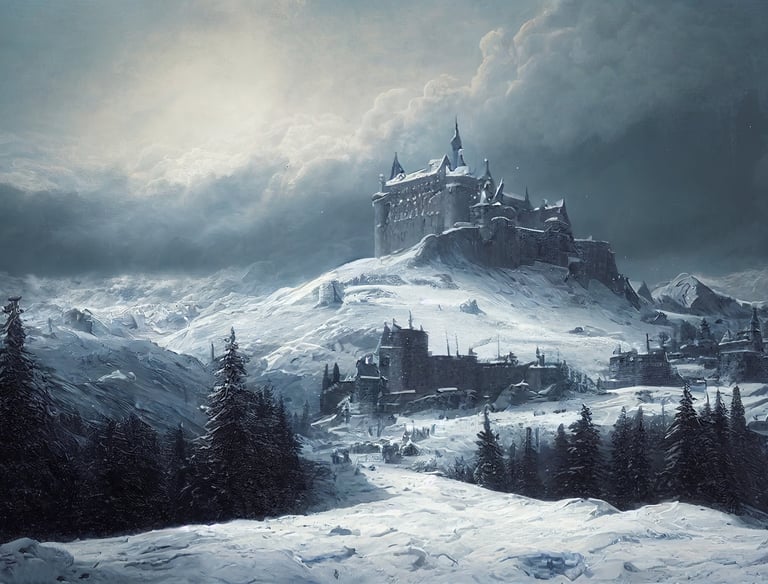

Dungeons & Dragons (D&D) is a tabletop role-playing game (RPG) that allows players to create characters and embark on adventurous quests set in a fantasy world. Players take on the roles of heroes, guided by a Dungeon Master (DM) who narrates the story, presents challenges, and manages the game world. The beauty of D&D lies in its collaborative storytelling, where players can explore intricate narratives, engage in combat, and interact with diverse characters.
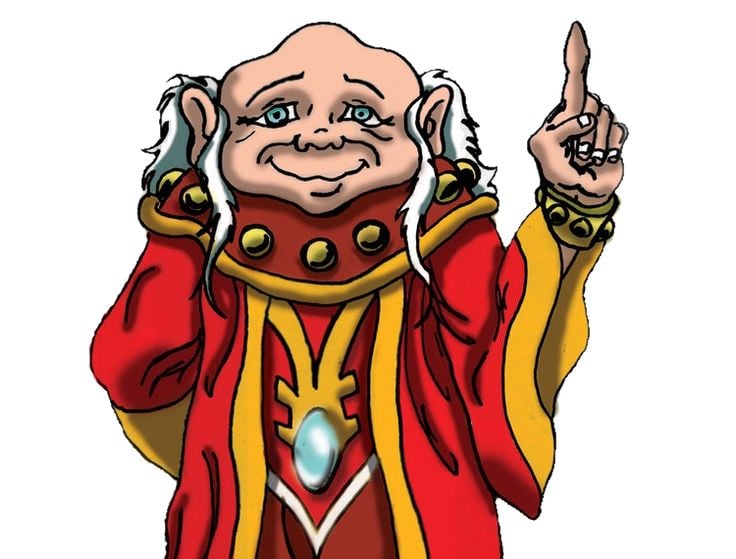

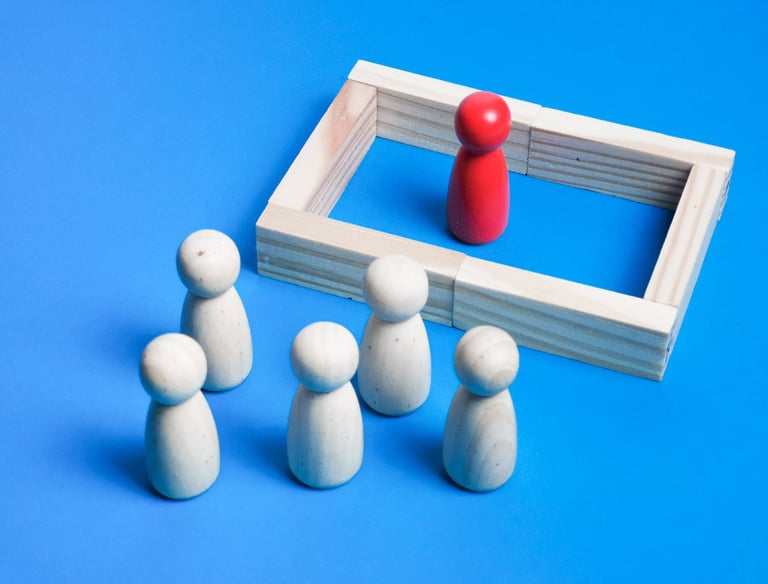

The Games Master
In a Dungeons and Dragons (D&D) game, the Dungeon Master (DM) or Games Master (GM) holds a pivotal role, acting as the storyteller, referee, and architect of the game world. The DM is responsible for creating and guiding the narrative through which the players navigate their adventures. As the players navigate this world, the DM presents them with scenarios and challenges that require creative problem-solving and collaboration. They introduce elements such as non-player characters (NPCs) and plot twists that can alter the course of the adventure.
Dungeons and Dragons (D&D), a tabletop role-playing game, has gained immense popularity over the years, not only for its engaging storytelling and strategic gameplay but also for its rich benefits, particularly for neuro-divergent kids. These benefits encompass various aspects of personal development, social interaction, and cognitive growth, making D&D an excellent tool for fostering an inclusive environment for children with neuro-diversities.
Neuro-diversity
Our Safe Space
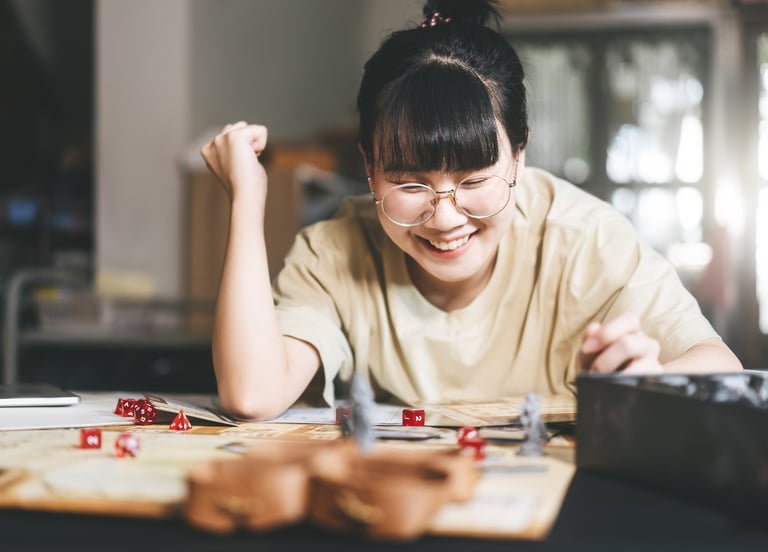

Inclusion


Belonging
Respect
Creating a safe place for D&D also promotes inclusivity. The game can attract children from various backgrounds and with different interests, helping them build friendships and understanding across differences. A safe environment allows for the building of diverse communities where everyone’s voice is heard and valued. Children learn important lessons about acceptance, empathy, and cooperation when they play together, enriching their social skills and cultural knowledge.
Exploration
→
→
The importance of having a safe place for children to play Dungeons & Dragons (D&D) cannot be overstated. As one of the most captivating role-playing games, D&D encourages creativity, teamwork, and strategic thinking. However, the benefits are maximized when the environment in which the game is played is secure and nurturing. All of our games are run by Jon. You can find out more about him and his experience here
First and foremost, a safe space fosters a sense of belonging and comfort. Children who feel secure are more likely to express themselves freely, whether it’s through their characters, storylines, or in their interactions with fellow players. When children are in a safe environment, they can engage more deeply in their gameplay, which is essential for the imaginative and immersive nature of D&D.


Safety extends beyond the physical environment; it encompasses emotional and social dimensions as well. A secure setting allows children to explore complex themes, such as friendship, conflict, and morality, without fear of judgment or ridicule. In D&D, players act out various scenarios that can lead to emotional growth and problem-solving skills. Having a supportive group in a safe space means that children can navigate these situations with encouragement from their peers and mentors, enhancing their emotional intelligence.
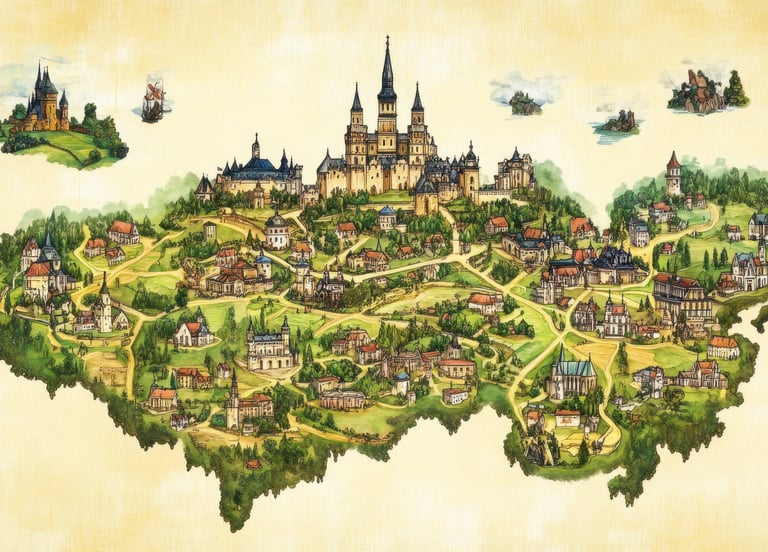

In our Dungeons and Dragons sessions, we prioritize inclusion and respect to foster a welcoming and enjoyable environment for all players. Each participant is encouraged to express their ideas and perspectives, ensuring that everyone feels valued and heard. We adhere to a strict no-tolerance policy for discrimination, harassment, or any form of disrespectful behavior based on race, gender, sexuality, ability or anything else. To maintain a positive atmosphere, we practice active listening and constructive feedback, allowing space for diverse storytelling and character development. We also establish a ‘safety toolkit’ at the beginning of a session, which includes mechanisms like the ‘X-card’ for players to communicate discomfort without breaking immersion. This commitment to respect and inclusion not only enhances our gameplay experience but also enriches the collaborative nature of storytelling that is the heart of Dungeons and Dragons.
→
Practicalities
Game time will be Saturday's 9am-12pm and will take place at Redwood House 12 Stanley Avenue Norwich. To be eligible to book a place for a game, please register your interest. Once registered you'll receive instructions on how to book a game or else you'll be added to the waiting list if the games are full.
Each game will have a maximum of 5 players plus the Dungeon Master. All materials (rule books, dice, character sheets etc) will be provided but you are more than welcome to bring your own. For the initial games, pre-made characters will be available for the players to choose from. In later campaigns, access to electronic character creation tools via D&D Beyond will be provided free of change for those who which to use them. Full instructions will be provided ahead of the game for those who are not familiar with the platform.
Limited free parking is available. Several buses run from Castle Meadow to the Denes which is a 3 minutes walk from the house. These include the number 9, 14, 15, 17 and 24. The Journey from castle Meadow takes 7 minutes.
For the initial sessions, parents are welcome to stay for the 1st hour but we've often found (as I'm sure you probably have) young people are often less inhibited when parents aren't around!
Each session will last 3 hours. There will be 2 introductory games charged at £15 per game and paid in advance via a payment link which will be sent to you once you have registered and have been enrolled. Cancellations received via email/messenger up to 24 hours before the game start time will receive a full refund.
If the young person would like to take part in a longer term dungeons and dragons campaign, these will be charged at £300 for a block of ten 3 hour sessions and details will follow once your registration and enrollment are complete.


Introductory Games
£15 per 3 hour session
Game Structure
There are typically two formats for D&D games. The setting in which the games take place will be created by the Games Master


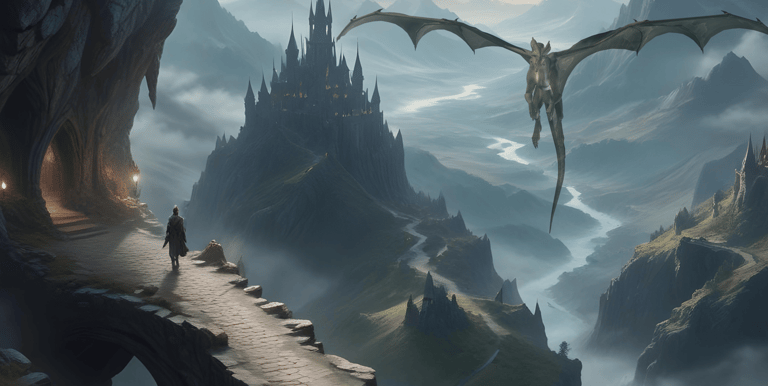

One Shots
Initially all of our sessions will be run as "one shots". This term refers to an adventure that is standalone and aims to complete in a single 3 hour slot. It's an ideal opportunity for the young person to try out the game and to decide if this is something they want to commit to on a longer term basis.
Campaigns
A campaign refers to an adventure that takes place over several weeks, months or even years! Think of the equivalent of a TV show season. Campaigns sessions follow on from one another and so usually involve the same players and the same characters. Campaigns are a great way for young people to really get to know each other and each others characters.
Redwood Games
Join us for thrilling D&D adventures!
Contact
Register Interest
Please use the Contact Us form to get in touch if you have any questions
© 2025. All rights reserved.
Register your interest to be kept up to date with the the latest news and be eligible for booking a place on a game.
